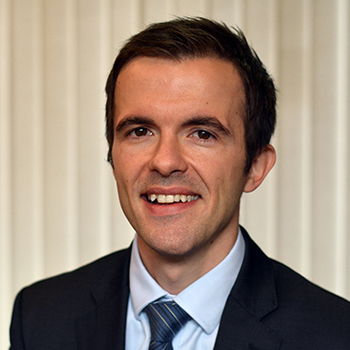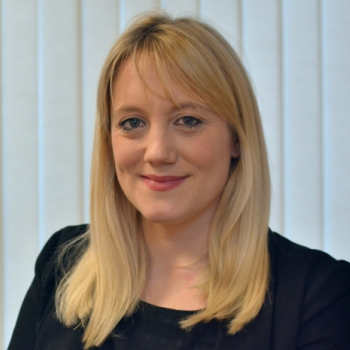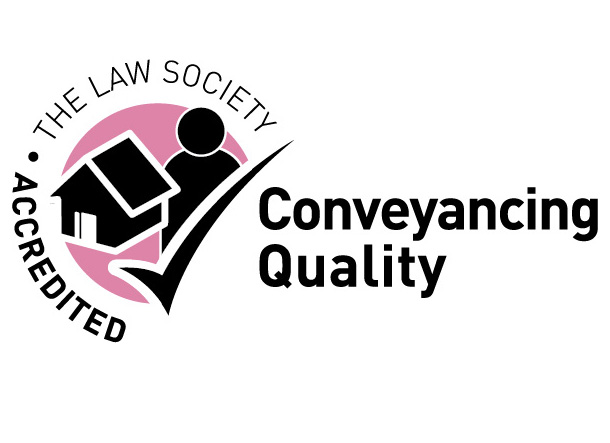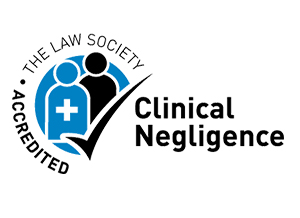A pressure sore or bed sore is a wound that develops when constant pressure to an area of the body causes damage the skin. The pressure stops blood flowing normally, so the cells die and the skin breaks down causing an open wound.
A pressure sore can develop anywhere on the body but the most common sites are the back of the head and ears, the shoulders, the elbows, the lower back and buttocks, the hips, the inner knees, and the heels.
As well as being painful and unpleasant these wounds can cause serious and life threatening complications. There are therefore strict guidelines and protocols in place for healthcare professionals for both the prevention and treatment of pressure sores.
The main areas in which we see medical negligence in relation to pressure sore injuries are:
- When the guidelines in place to reduce the risk of developing pressure sores are not followed
- When after a pressure sore has developed there are failings in the treatment of this injury
Prevention of pressure sores
Through adopting appropriate approaches, pressure ulcers are often preventable. Whilst the specific approaches differ depending upon the age of the patient, some of the things healthcare professionals should do are:
- Identify if a patient is at a high risk
- Inspect a patients skin for early signs of pressure damage
- Change the patients position frequently
- Ensure patients bed clothes wrinkle free
- Ensure patients remain hydrated and are well nourished
- Use pressure redistributing devices such as pressure relieving mattress and heel supports
- Do not rub or massage the patients skin
- Keep patients skin clean/dry
- Consider using barrier creams
Treatment of pressure sores
If a pressure sore develops then the treatment of it will depended upon its severity. They are graded as follows:
Grade 1 – (least severe) – a distinct reddened area of skin which when lightly pressed by a finger remains red
Grade 2 – the skin begins to blister and break down
Grade 3 – open wound and destruction of the fatty tissue
Grade 4 – (most severe) – the sore extends through the fatty tissue to involve muscle and even the destruction of bone. Such a sore can pose a life threatening situation due to infection, blood poisoning (septicaemia), infection of the bone (osteomyelitis) or gangrene
Treatment ranges from the use of specialist bandages, dressings and creams, antibiotics and nutritional supplements through to the use of lasers and surgery to remove dead tissue.
If not managed and treated correctly pressure sores can lead to complications including cellulitis, blood poisoning and septic shock, bone and joint infection, necrotising fasciitis and even death.
People most at risk of developing pressure sores
Pressure sores can occur very rapidly during periods of acute (short) or chronic (long) illness. Those who are most at risk include people who have:
- Reduced mobility (e.g. osteoarthritis, Parkinson’s)
- Immobility (most at risk when sitting especially when recovering from illness or surgery)
- An acute illness (e.g. pneumonia or urine infection)
- Incontinence (urine / faecal)
- Inadequate diet / fluid intake
- 70 + years of age
- Unrelieved pressure
- Diabetes
- Diminished sensation
If you or a relative have developed a pressure sore then unless the relevant preventative steps were taken and the problem treated promptly and effectively then you may be entitled to compensation.
We at Freemans have a wealth of experience in dealing with all types of Clinical Negligence claims. Using our knowledge and expertise we will ensure that your claim is investigated fully in a sensitive manner. We will work tirelessly to ensure you are not only compensated for the pain and losses caused by your injuries but that you also receive support and any further treatment and rehabilitation you may need.
Please call one of our solicitors today on 0191 222 1030 for a free consultation in relation to your claim or complete our website enquiry form.





